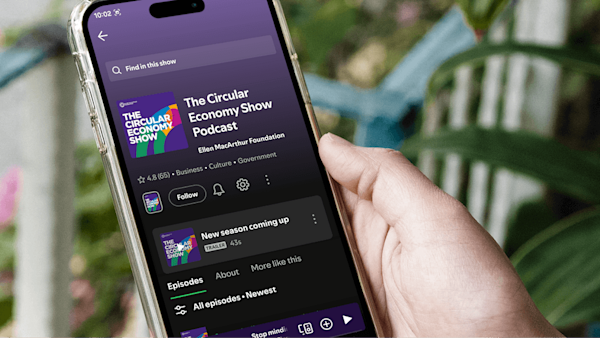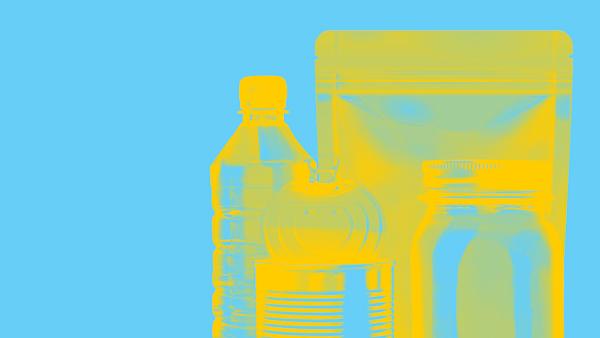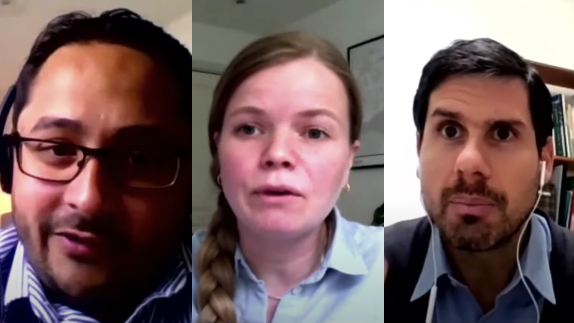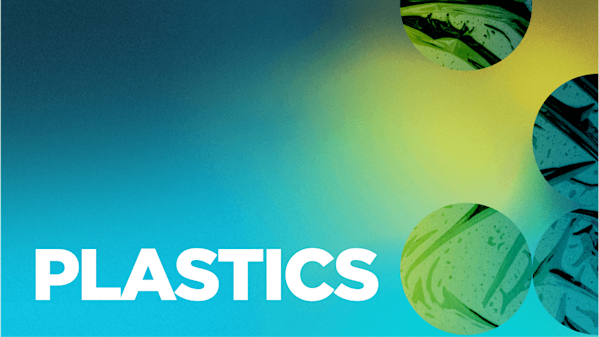In a circular economycircular economyA systems solution framework that tackles global challenges like climate change, biodiversity loss, waste, and pollution. It is based on three principles, driven by design: eliminate waste and pollution, circulate products and materials (at their highest value), and regenerate nature., we need dedicated, ongoing, and sufficient funding for the collection, sorting, and recycling of packaging – otherwise the economics simply do not stack up – it costs more to do than the money it makes. That’s where Extended Producer Responsibility (EPR) comes in. In this episode, the Foundation's Maya Adams and Ambrogio Miserocchi introduce the concept of EPR and how it works in a circular economy. We'll then hear from guests Matthew Demorais, Corporate Affairs Director at Unilever; Dr. Maarten Dubois, Project Lead Circular Economy at OECD; Guillermo González, Head of Circular Economy Office, Ministry of the Environment, Chile, and Sara Wingstrand, Programme Manager, New Plastics Economy at the Ellen MacArthur Foundation. Together they reflect on the watershed momentum around EPR for packaging as an essential part of a circular economy.

Ep 63: A circular economy for packaging: Extended Producer Responsibility
Published on
News and updates fromThe Ellen MacArthur Foundation
Click to subscribeThe Ellen MacArthur Foundation works to accelerate the transition to a circular economy. We develop and promote the idea of a circular economy, and work with business, academia, policymakers, and institutions to mobilise systems solutions at scale, globally.
Charity Registration No. (England and Wales): 1130306
OSCR Registration No. (Scotland): SC043120
Company No.: 6897785
Ellen MacArthur Foundation ANBI RSIN (Netherlands): 8257 45 925
The work of the Ellen MacArthur Foundation is supported by our Strategic Partners and Partners.
© Ellen MacArthur Foundation






